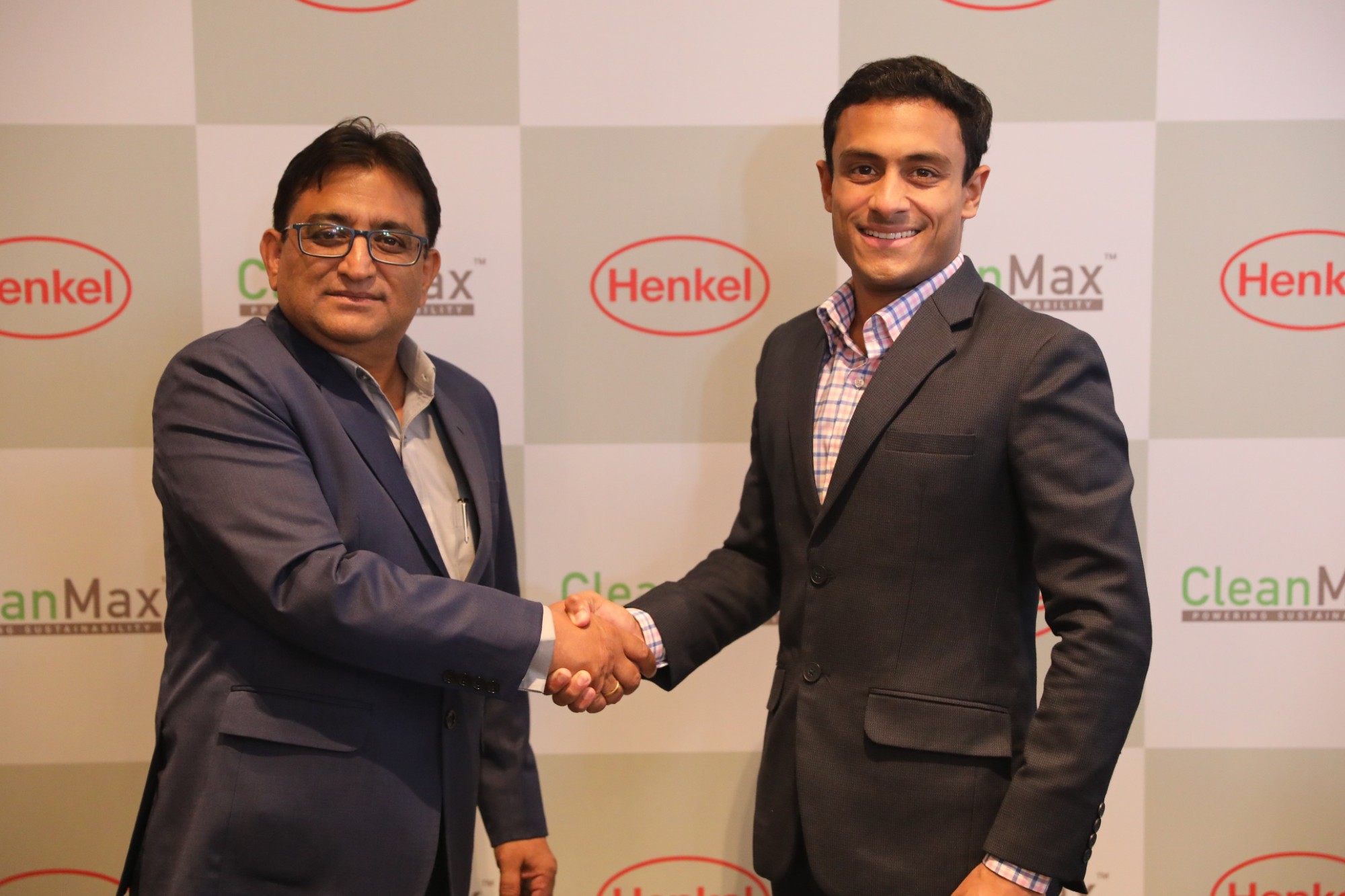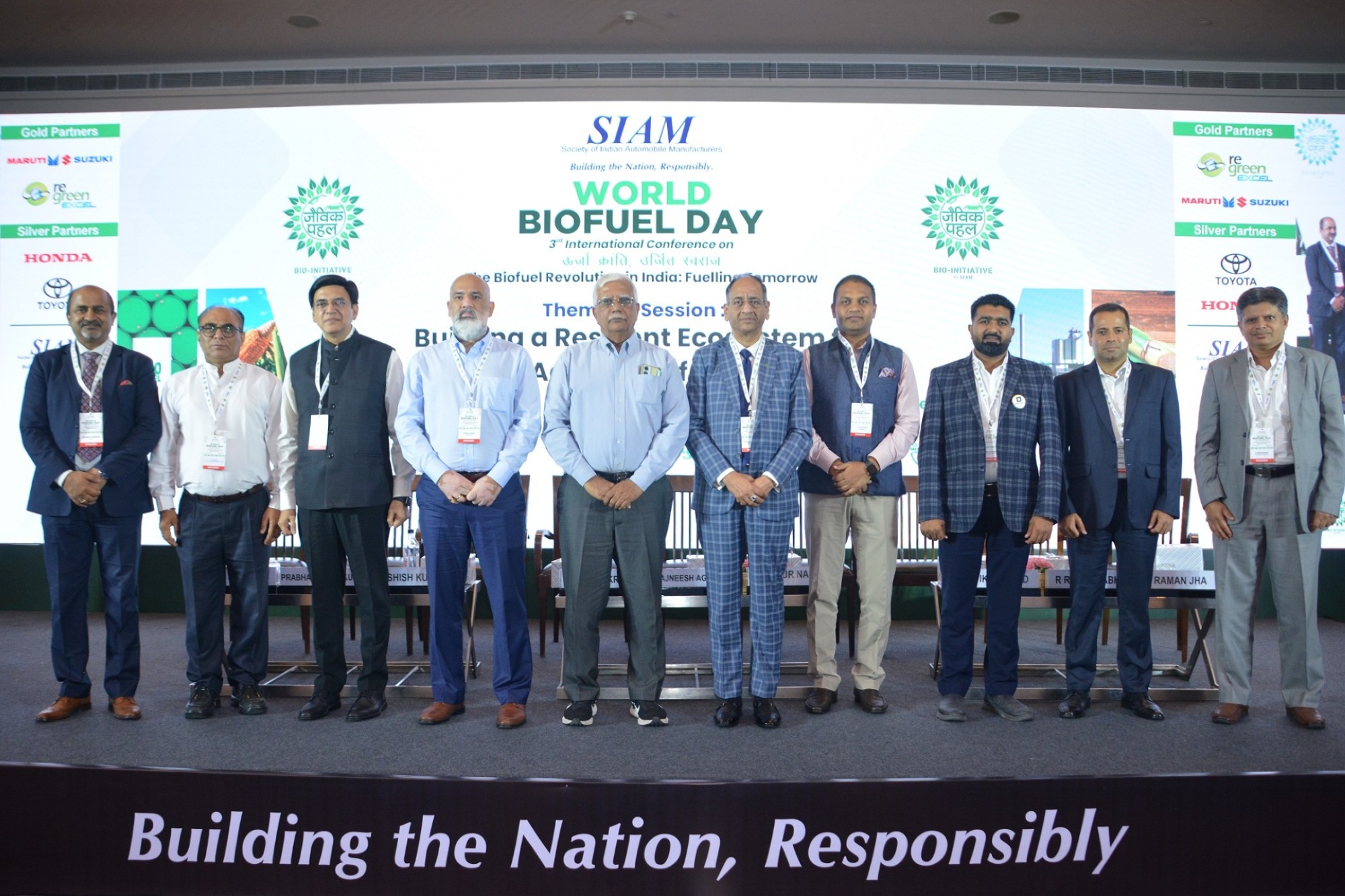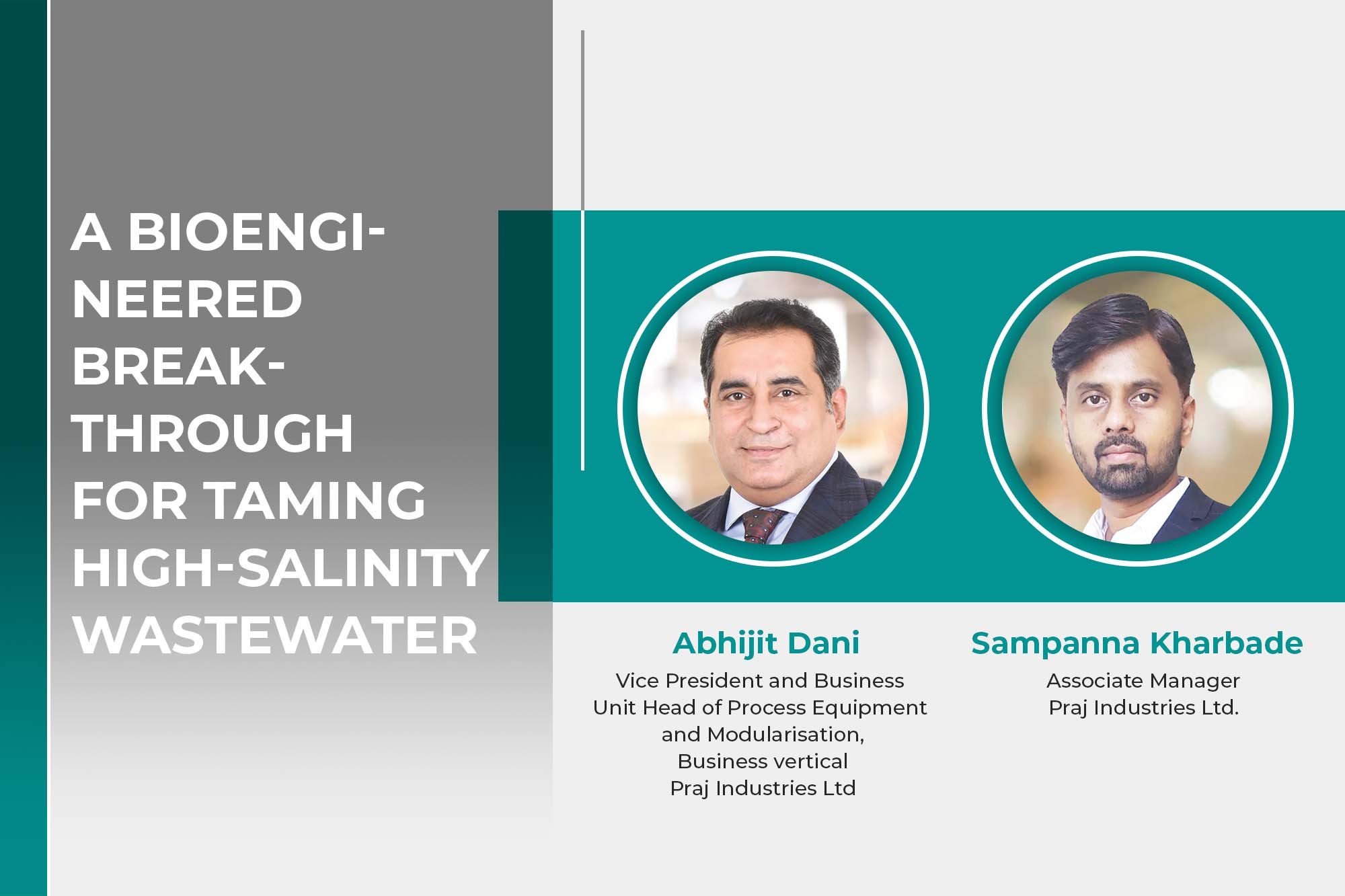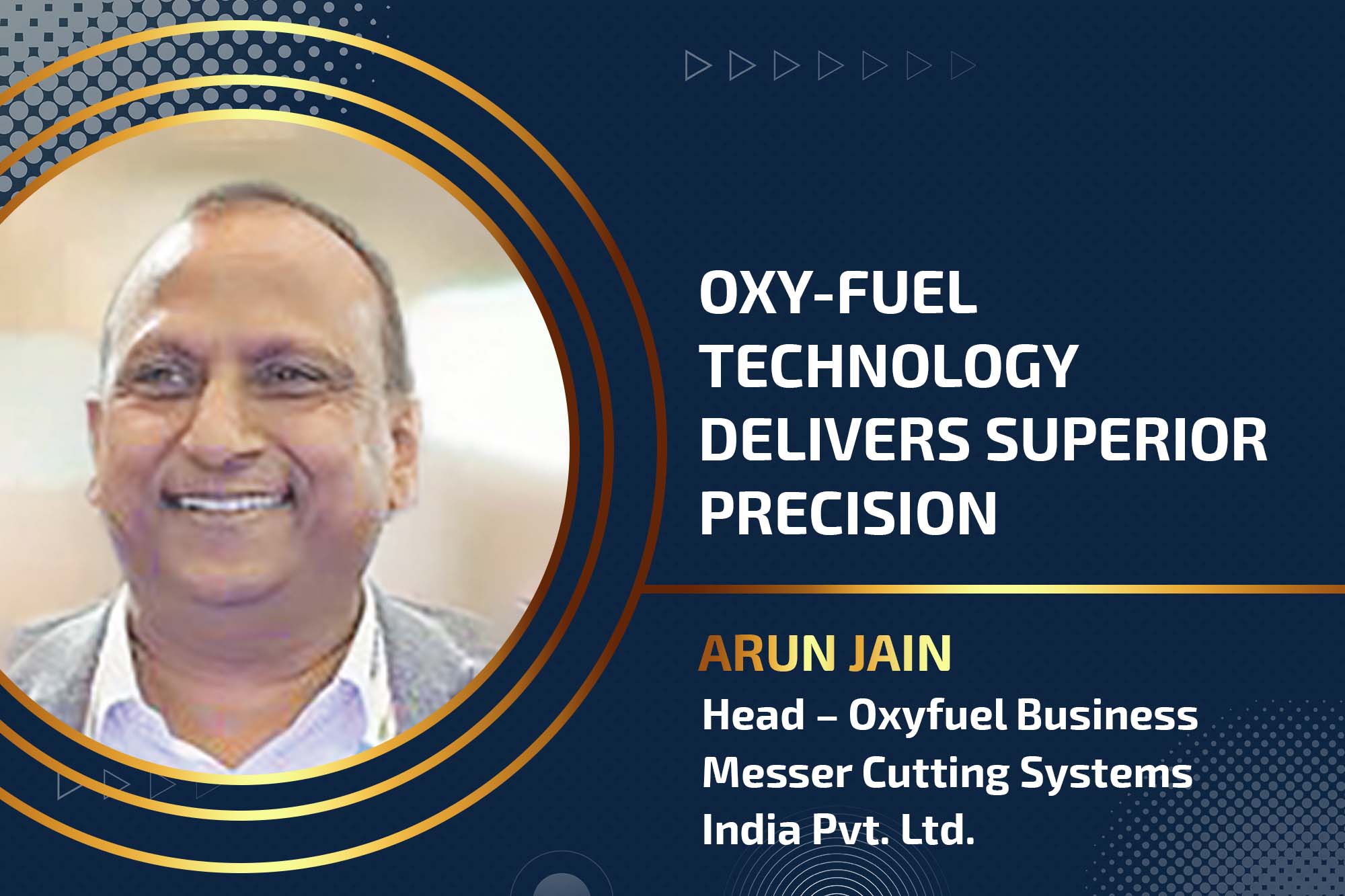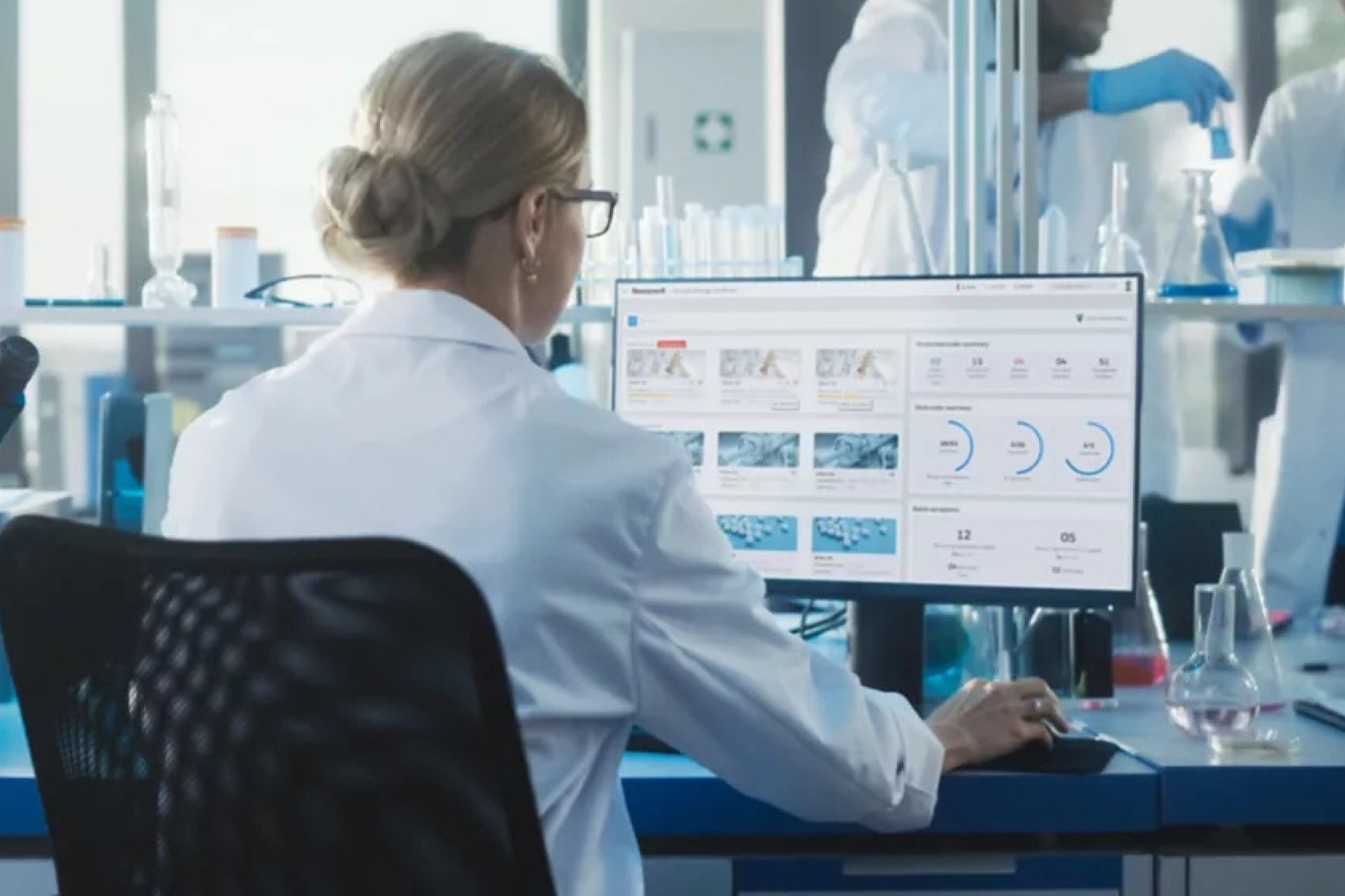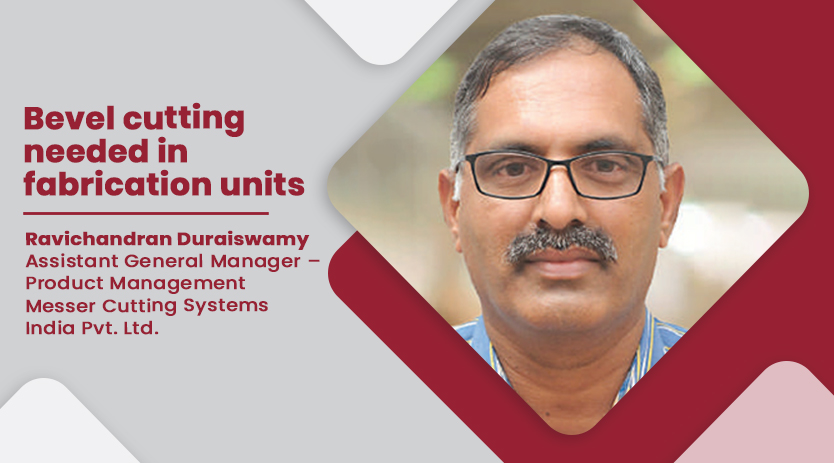BITZER: inching towards growth
By admin March 11, 2015 12:58 pm
BITZER, one of the largest compressor manufacturers globally, is gradually strengthening its foothold in Indian market. In an exclusive interview with Subhajit Roy, Rob De Bruyn, Managing Director, BITZER Refrigeration Asia Pte Ltd.; and John Ritmann, Director – Ammonia System Engineering, BITZER Kühlmaschinenbau GmbH talk on the company’s business activities in India and future growth plans.
India is one of the fastest growing economies in the world. How is the current state of doing business here?Rob De Bruyn: Doing business in India is very different from doing business in Europe, China or US. We need to keep an open mind of how we can adapt to different functions and situations of our products to introduce in the Indian market. A recent good example is India launched the space rocket to Mars with 10 per cent of the cost it required to do it in the US. So from our perspective, adaptation and innovation are something that the Indians do very well. We need to understand how we can adapt to the Indian market while maintaining our standards as the most successful private company in Europe.
John Ritmann: We have our development department in Denmark with 6 engineers and we are making the global designs for industrial integration for BITZER. We have started off with a test unit in Germany where we made a full scale test with 3 compressors and a complete range where we can do 1.3, 1.4 MW with 78 kg of ammonia. It is some of the ideas we have to stride for lesser and lesser amounts of ammonia in the plants. It is just a showcase of thinking out of the box which opens possibilities of really drive the charts to minimum level. We feel there are possibilities if you think outside the box to develop systems which can have much more compact and lower charts of ammonia.
Rob, could you brief us on your recent initiatives in ammonia-based compressors technology?Rob: We have built a test unit in Germany where we have made the additional design. We have built our first ammonia factory in Schkeuditz, Atlanta in USA. At the same time we have introduced this system in Brazil. There a lot of ammonia plants coming up and they have a tradition of using ammonia so there was a huge interest. We have been monitoring the success of what we are doing. We are trying to get a lot of input here from India regarding the opportunities here.
How do look at the demand scenario in India?Rob: The demand is substantially high in India as compared to other countries. However it is going to be an open minded view how we bring in the technology and adapt according to the situations. We would like to get the most efficient operating system at all conditions no matter whether it is in Denmark or in India. Here, the situation is high condensing. We need to be able to adapt to any situation of part load of ambient temperature and control minimum generation of electricity from the plants.
Over the years, Ammonia has been proven as an efficient refrigerant. How efficient it is in terms of performance and power consumption?John: Ammonia is efficient in terms of part load. For instance if we use 2-3 compressors, the first one will work with greater speed drive and take care of the part loading and shifting in and out of compressor 1 or 2. So we are always running with greater speed drive or we put compressor into 100 per cent and try to maintain the maximum COP of the system all over the operating area. This gives a lot of advantage not only for COP but also for redundancy. No matter if you have a one compressor failure – we can simply isolate it and operate the other compressors which would still function in an optimum way. No matter the demands we are having outside we will always be giving the best respond to COP. This is gaining fellow perspective in the future of energy.
Rob: We get wind and solar energy through windows but we cannot control the sun or the wind. We would be forced to adapt the capacity according to the source of energy. At BITZER, we are putting ourselves in a situation that all the controls of our systems will guarantee maximum performance in any situation. This is the idea that we are looking into. We want to see the constraints to make sure we provide solutions in warmer regions.
But there is a clear shift. The industry is moving towards natural gases…John: For HVAC industry, efficiency is always important. That has to go hand in hand with the energy consumption because it is related to our environment and there has to be a balance between the two. The industry is moving towards natural gases but we need to create a balance between ammonia and natural gases to get optimum efficiency and save a lot of money. We are trying to achieve that balance which is not easy.
Are you working on some product or technology development keeping the Indian conditions in mind?Rob: We are trying to bring new refrigeration technology to India and balance it with very high demands during the summers.
Also, in India, it is not easy to get service in tier 3 cities. How will a machine start to take care if something is going wrong on the maintenance side and how does the equipment limit itself from running that side of the problem? These sort of high-end technologies are available in other markets and will start entering India as the demand grows.
Cookie Consent
We use cookies to personalize your experience. By continuing to visit this website you agree to our Terms & Conditions, Privacy Policy and Cookie Policy.




